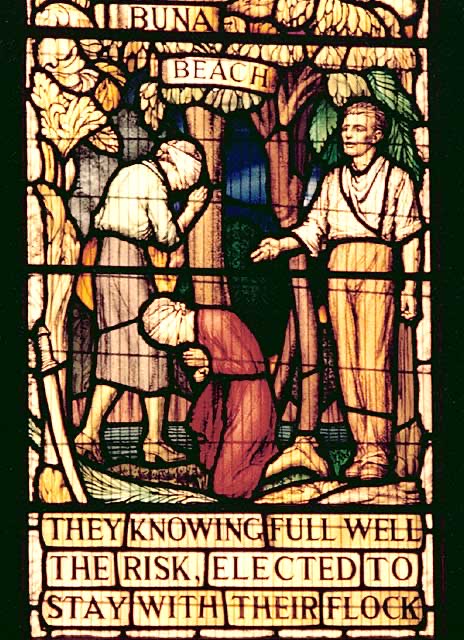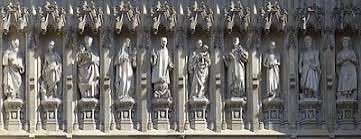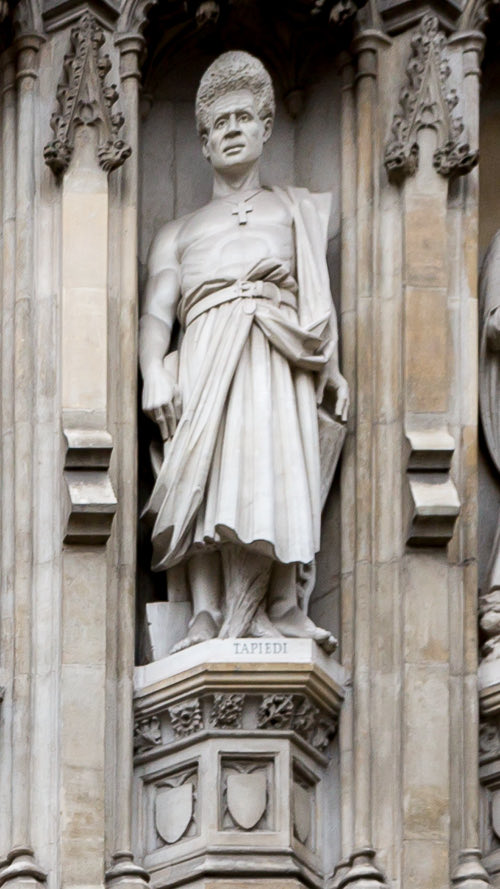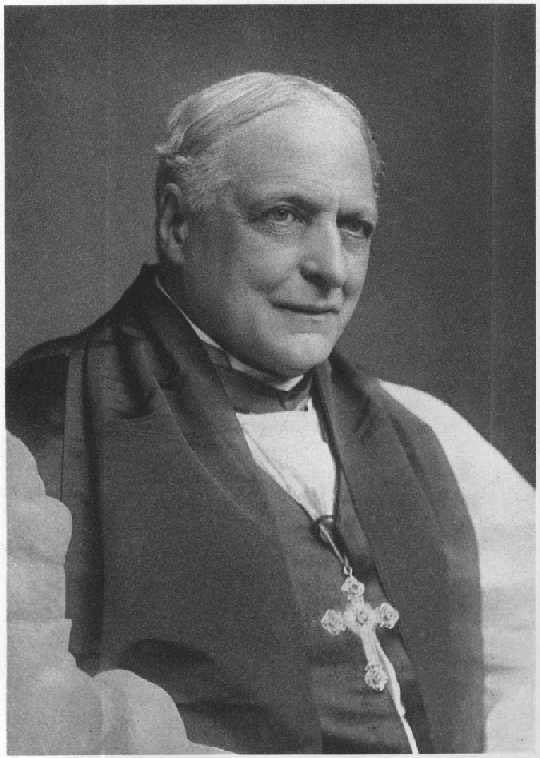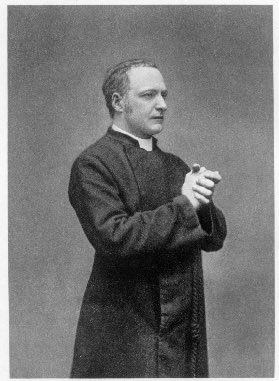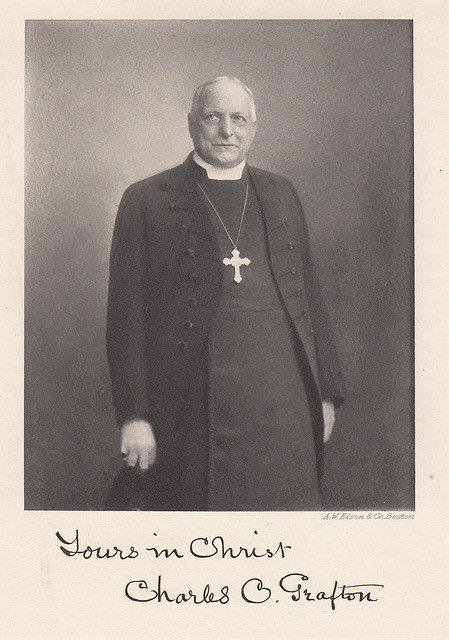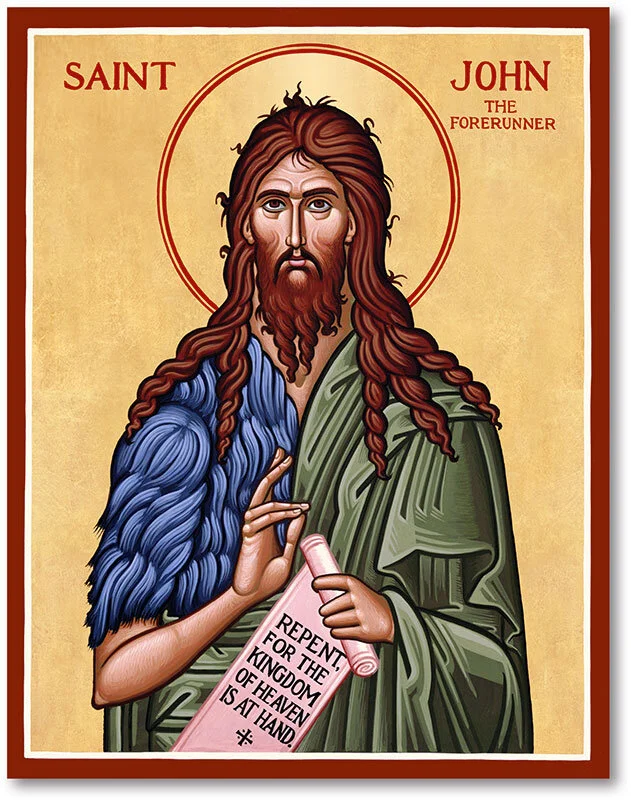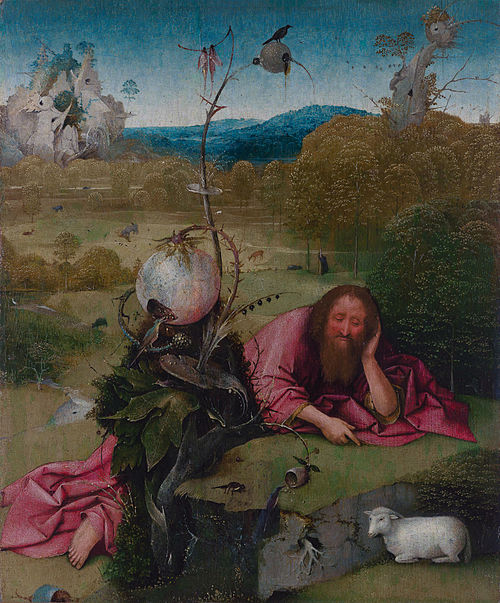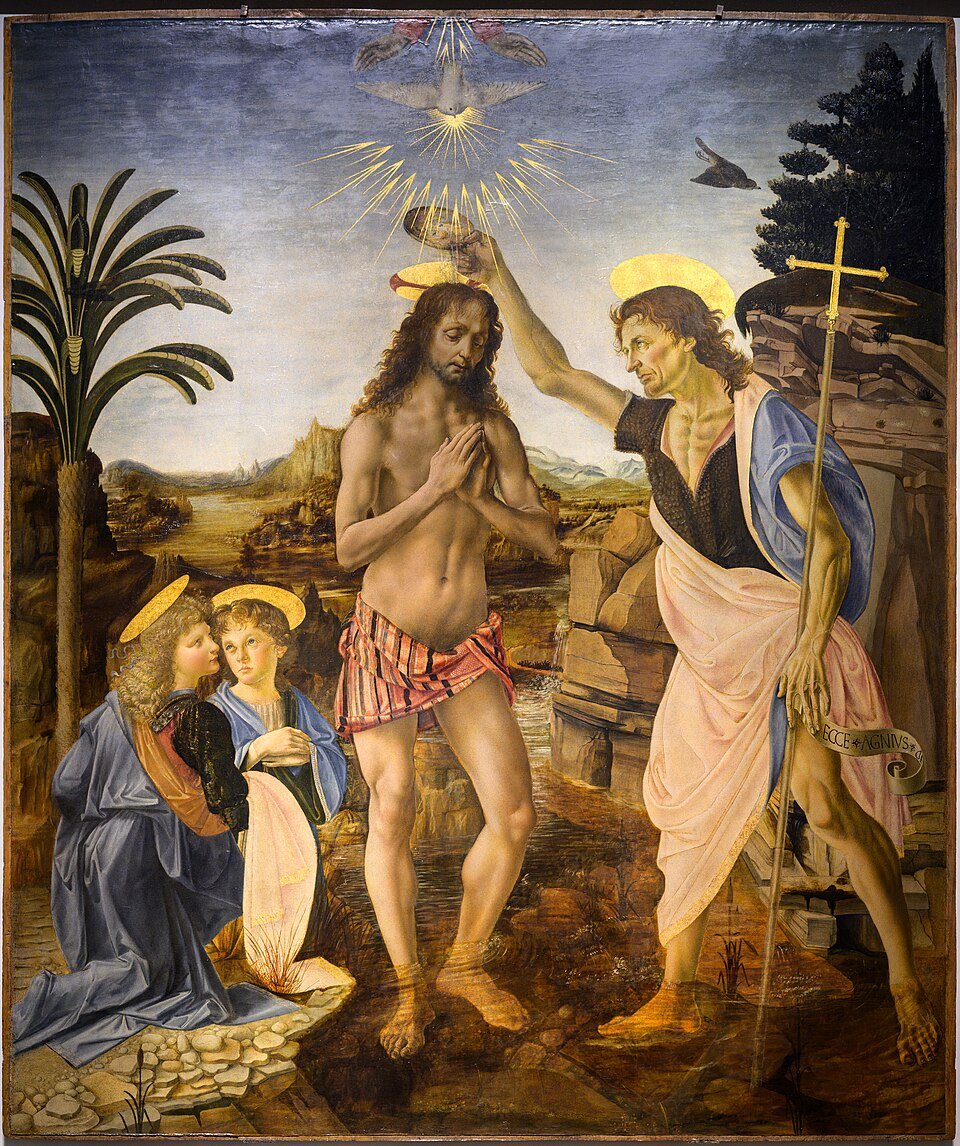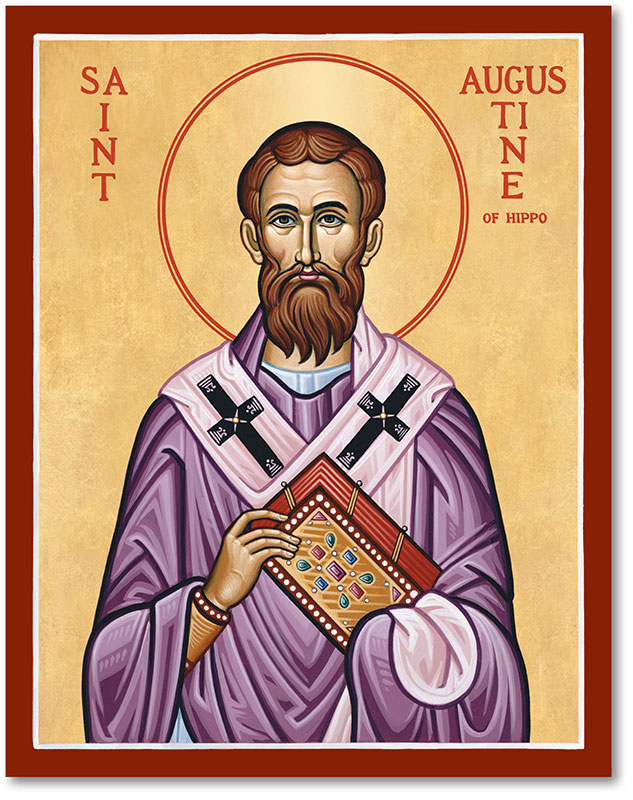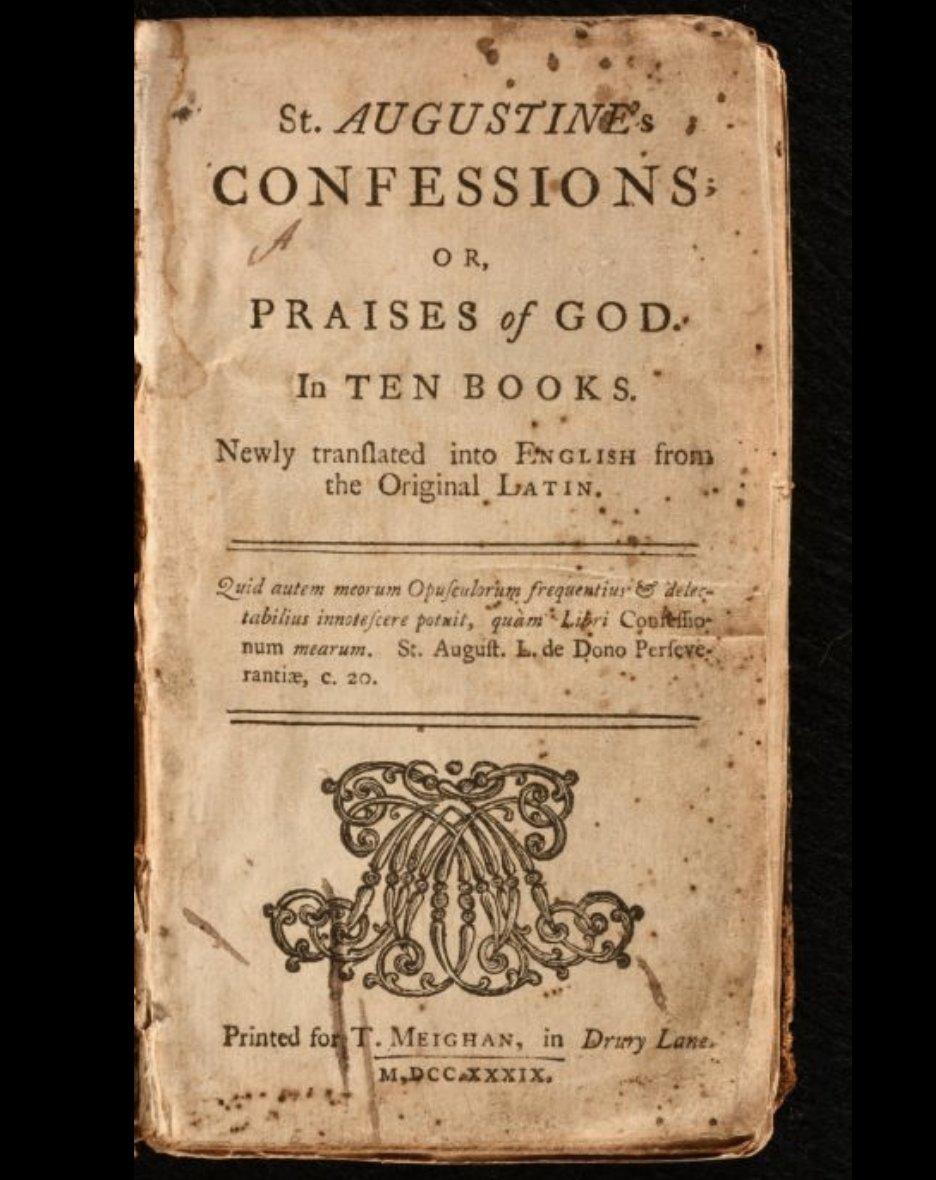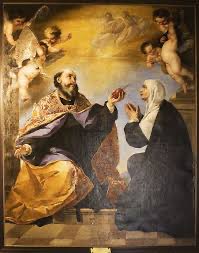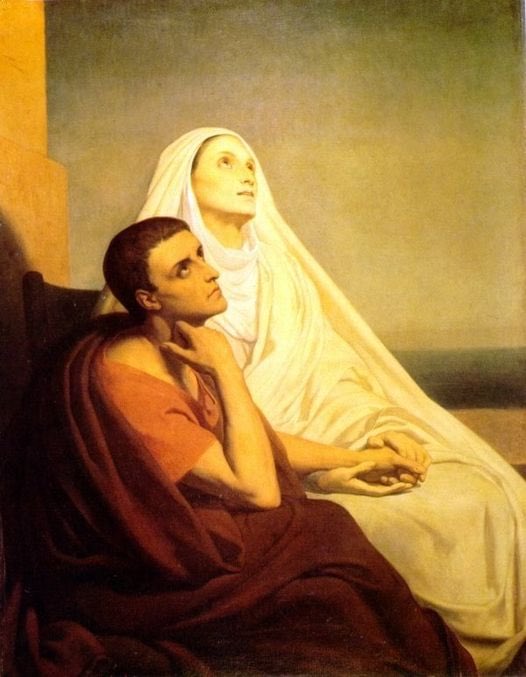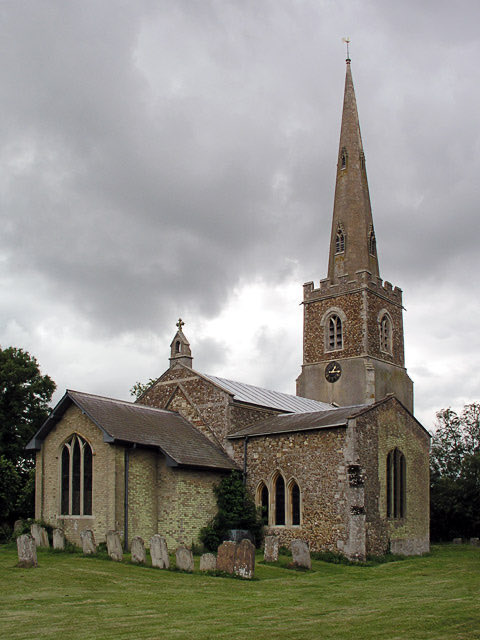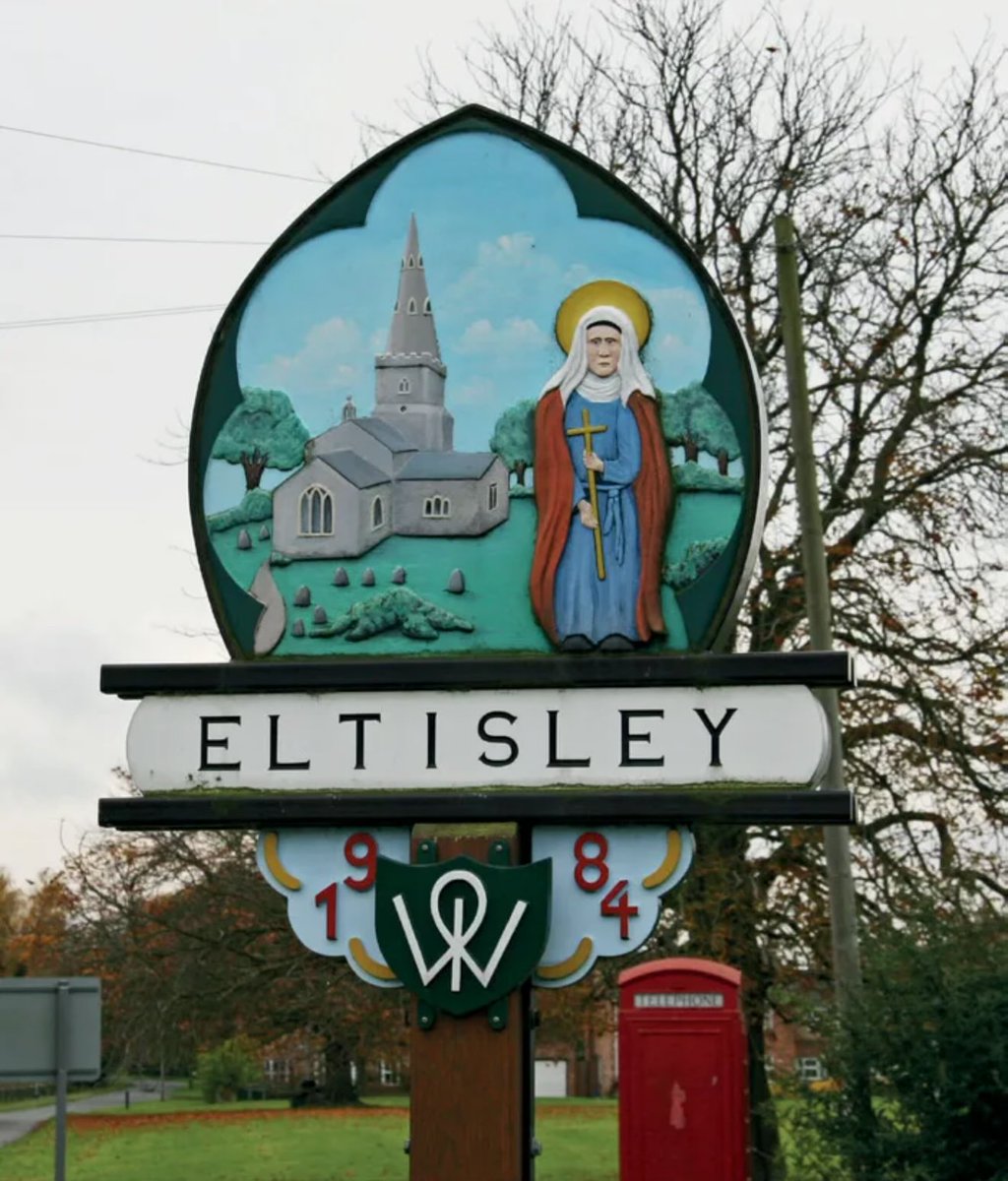✝️ Today has been the Feast of Aidan of Lindisfarne.*
He was an Irish monk and missionary who served as the first bishop of Lindisfarne, founded Lindisfarne Priory, and is known as the "Apostle of Northumbria" for his pivotal role in restoring and spreading Christianity throughout northern England in the 7th century through his patient, gentle evangelism and establishment of churches, monasteries, and schools.
(*Yes, Admin should’ve done this first thing but she got a bit behind on things, sorry! - SR)
Anyway, here’s a 🧵:
He was an Irish monk and missionary who served as the first bishop of Lindisfarne, founded Lindisfarne Priory, and is known as the "Apostle of Northumbria" for his pivotal role in restoring and spreading Christianity throughout northern England in the 7th century through his patient, gentle evangelism and establishment of churches, monasteries, and schools.
(*Yes, Admin should’ve done this first thing but she got a bit behind on things, sorry! - SR)
Anyway, here’s a 🧵:
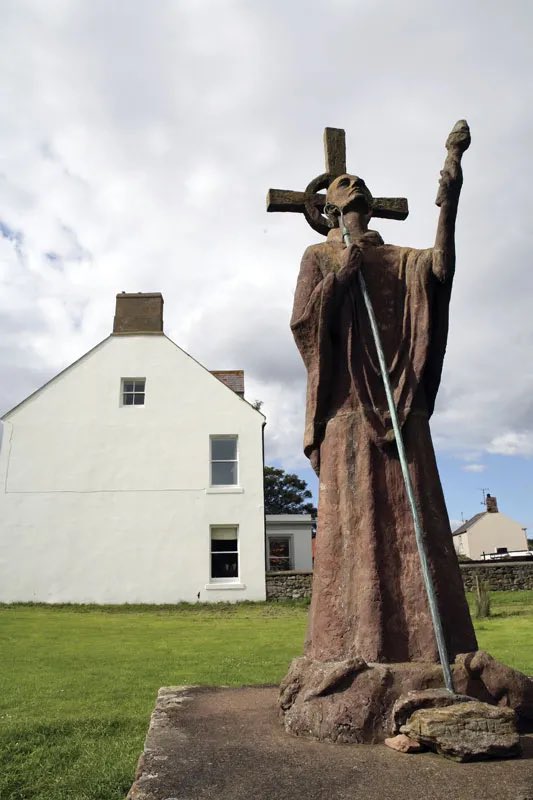
2/
“Among other evidences of holy life, he gave his clergy an inspiring example of self-discipline and continence, and the highest recommendation of his teaching to all was that he and his followers lived as they taught. He never sought or cared for any worldly possessions, and loved to give away to the poor who chanced to meet him whatever he received from kings or wealthy folk."
-- Bede
“Among other evidences of holy life, he gave his clergy an inspiring example of self-discipline and continence, and the highest recommendation of his teaching to all was that he and his followers lived as they taught. He never sought or cared for any worldly possessions, and loved to give away to the poor who chanced to meet him whatever he received from kings or wealthy folk."
-- Bede
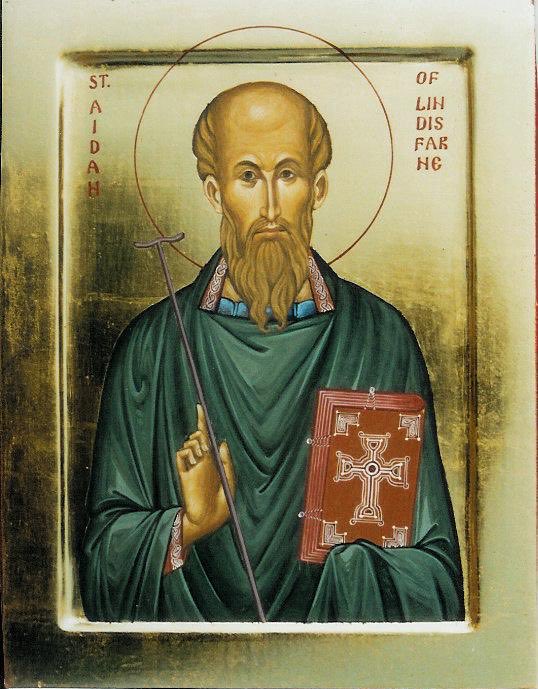
3/
He was an Irish monk who became the first bishop of Lindisfarne in 635, establishing a monastery and see on the island.
And he’s a Missionary credited with restoring Christianity to Northumbria through patient, gentle evangelism, often walking from village to village.
He was an Irish monk who became the first bishop of Lindisfarne in 635, establishing a monastery and see on the island.
And he’s a Missionary credited with restoring Christianity to Northumbria through patient, gentle evangelism, often walking from village to village.
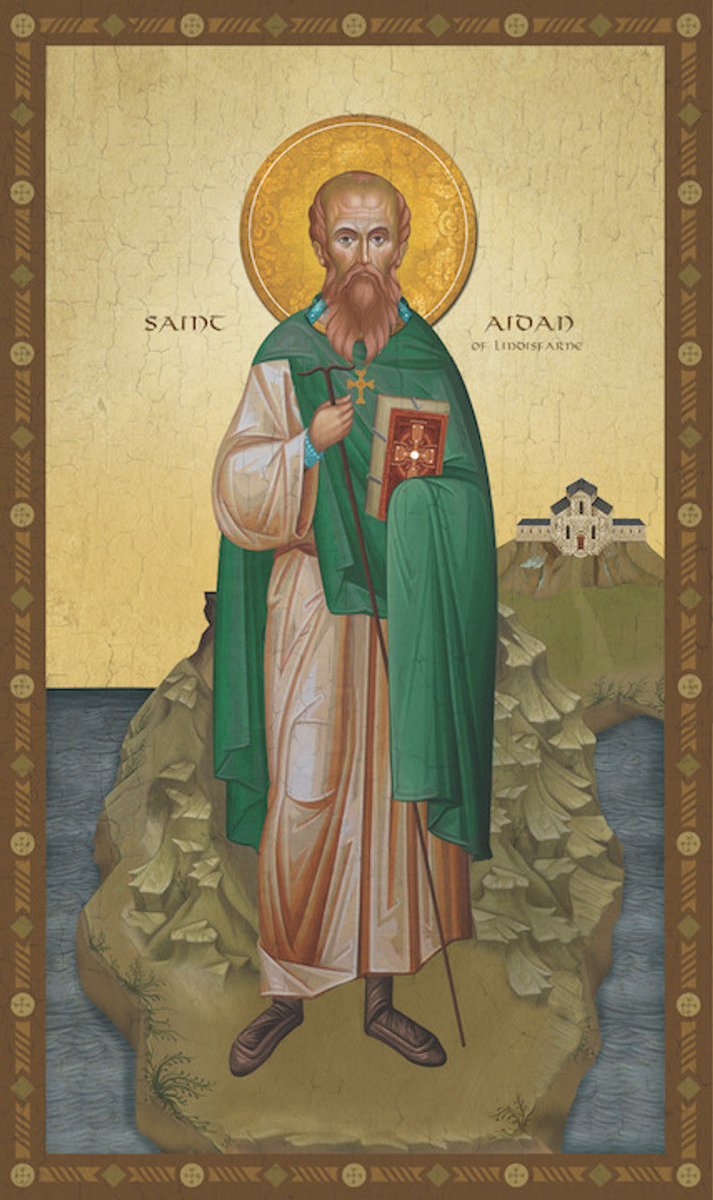
4/
He worked closely with King (and Saint) Oswald of Northumbria, who acted as his interpreter in the early years of his mission.
He also founded churches, monasteries, and schools throughout Northumbria, including a training center for future missionaries and clergy on Lindisfarne.
He worked closely with King (and Saint) Oswald of Northumbria, who acted as his interpreter in the early years of his mission.
He also founded churches, monasteries, and schools throughout Northumbria, including a training center for future missionaries and clergy on Lindisfarne.
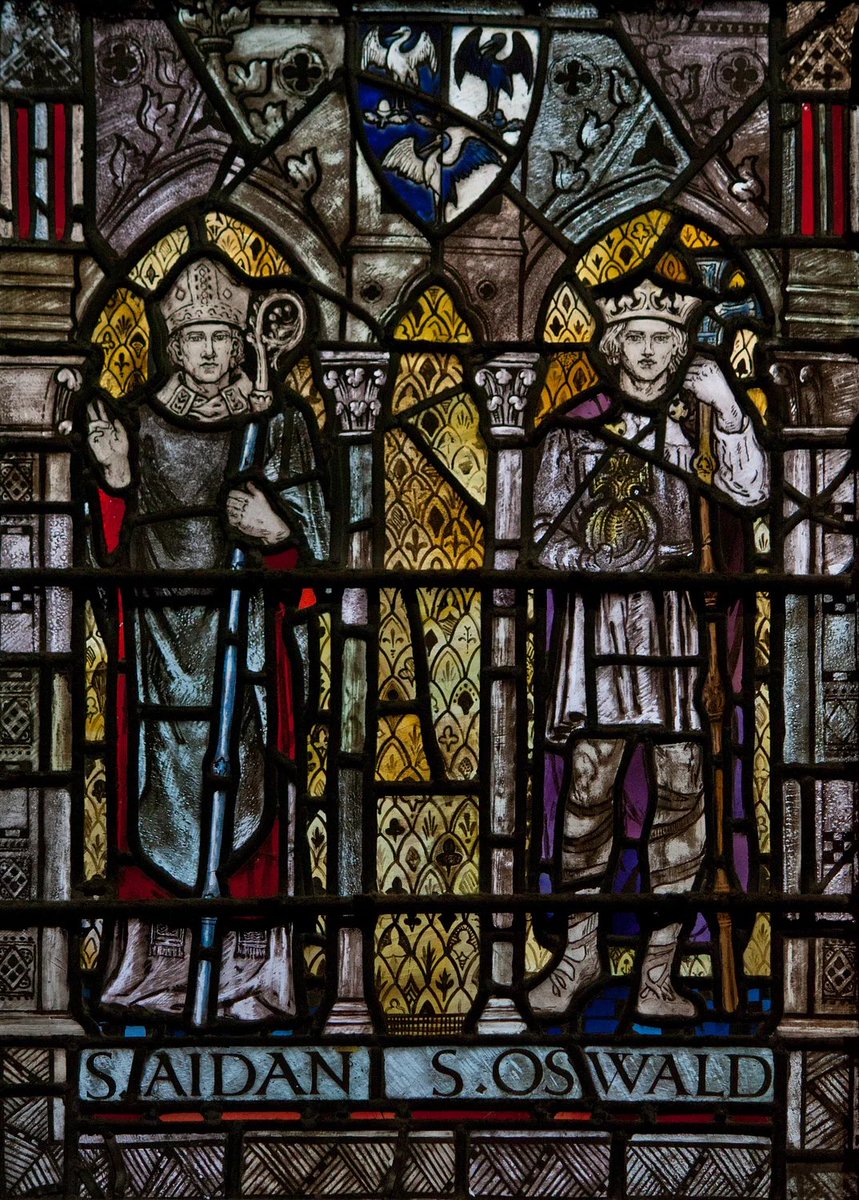
5/
He was known for his asceticism, charity, and dedication to the poor, often using donations to free slaves and provide education to orphans.
He died on August 31, 651, leaving a lasting legacy of Celtic Christianity in northern England.
🖼️ The Death of St. Aidan, sketch – by Sir Frank Brangwyn (1867-1956) Private Collection © Liss Fine Art/Bridgeman Images
He was known for his asceticism, charity, and dedication to the poor, often using donations to free slaves and provide education to orphans.
He died on August 31, 651, leaving a lasting legacy of Celtic Christianity in northern England.
🖼️ The Death of St. Aidan, sketch – by Sir Frank Brangwyn (1867-1956) Private Collection © Liss Fine Art/Bridgeman Images
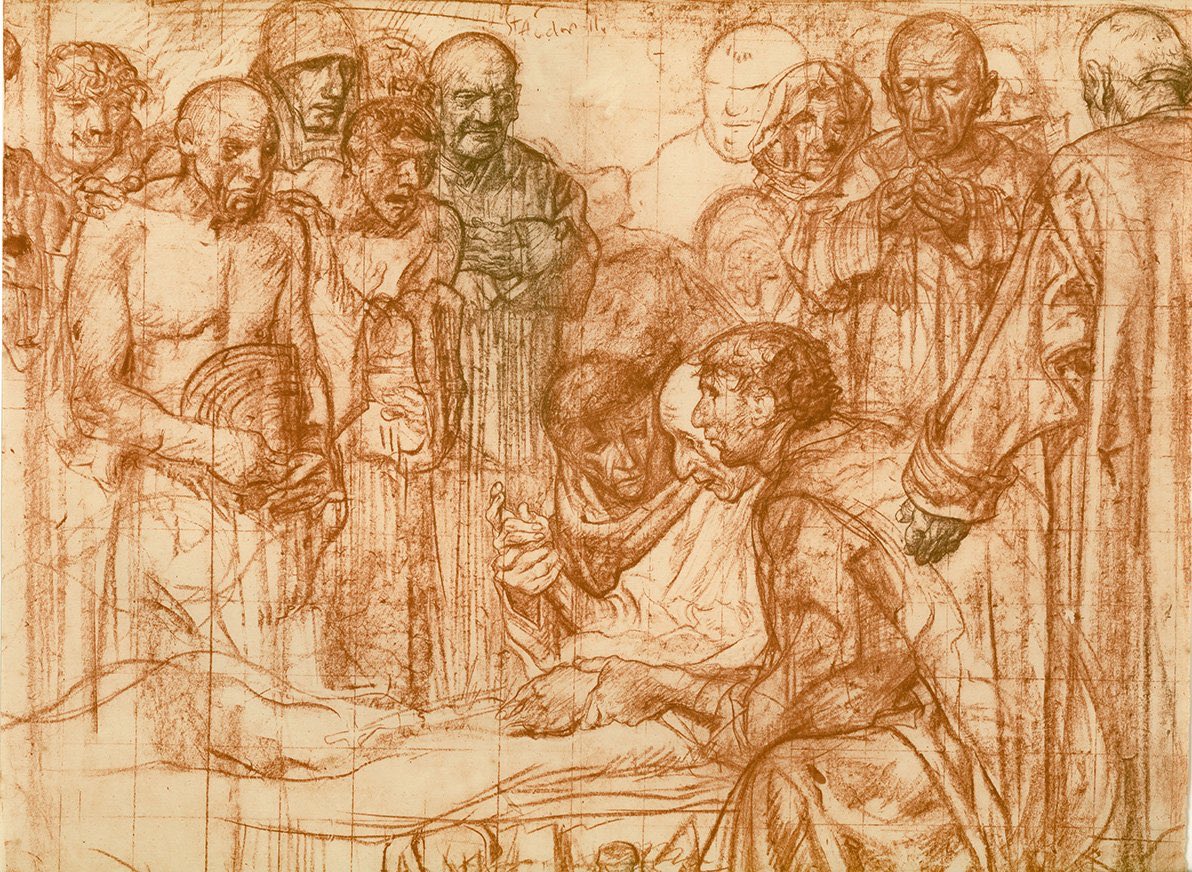
🙏🏻
Almighty and everlasting God,
who didst call thy servant Aidan of Lindisfarne to preach the Gospel: Raise up, we beseech thee,
in this and every land evangelists and heralds of thy kingdom,
that thy Church may proclaim the unsearchable riches of our Savior Jesus Christ; who liveth and reigneth with thee,
in the unity of the Holy Ghost,
ever one God, world without end.
Amen.
Almighty and everlasting God,
who didst call thy servant Aidan of Lindisfarne to preach the Gospel: Raise up, we beseech thee,
in this and every land evangelists and heralds of thy kingdom,
that thy Church may proclaim the unsearchable riches of our Savior Jesus Christ; who liveth and reigneth with thee,
in the unity of the Holy Ghost,
ever one God, world without end.
Amen.
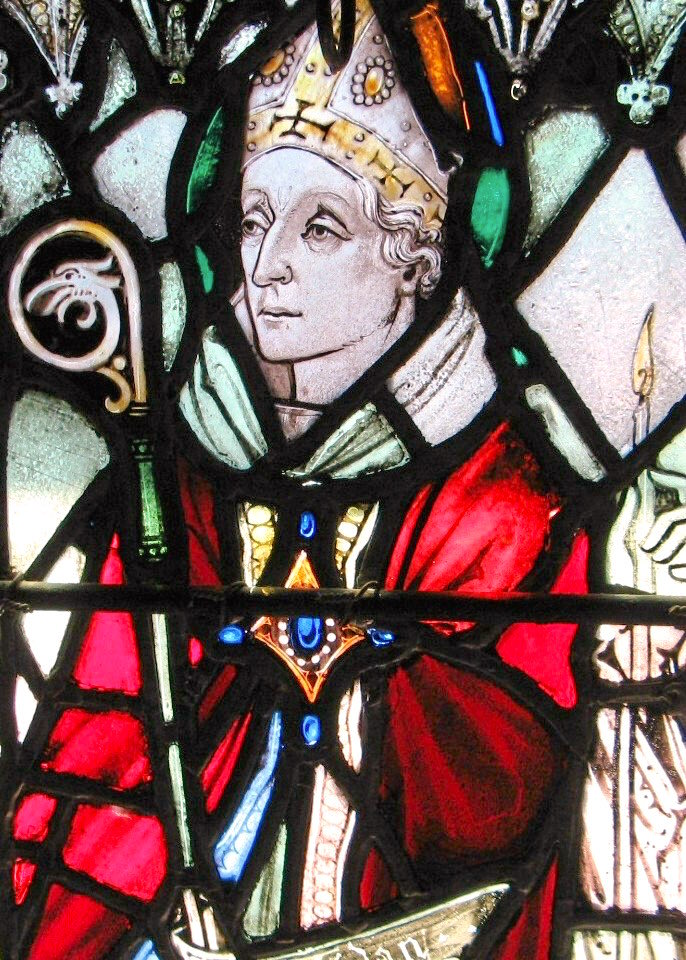
To find out more:
👉🏻 dailyoffice2019.com/commemorations…
👉🏻 dailyoffice2019.com/commemorations…
🧑🧑🧒🧒We’re a church without a building right now.
🙋🏻♂️Can you help us?
⛪️We can do so much more to bring people to Jesus and to serve the community if we had a building of our own.
🥅Please donate or share to reach our goal.
Thank you.
🙏🏻
👉🏻 democracythree.org/saveachurch
🙋🏻♂️Can you help us?
⛪️We can do so much more to bring people to Jesus and to serve the community if we had a building of our own.
🥅Please donate or share to reach our goal.
Thank you.
🙏🏻
👉🏻 democracythree.org/saveachurch
@threadreaderapp unroll
• • •
Missing some Tweet in this thread? You can try to
force a refresh


